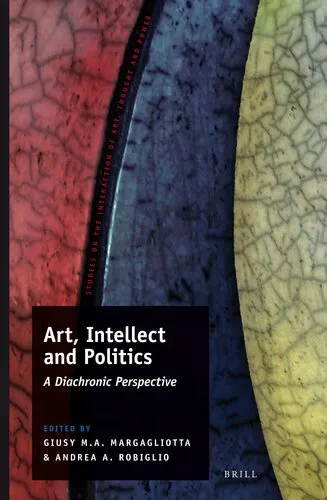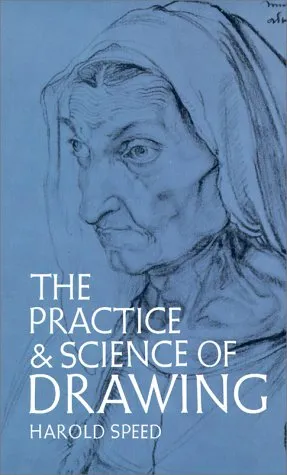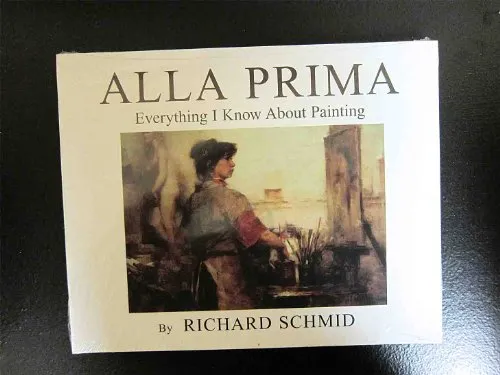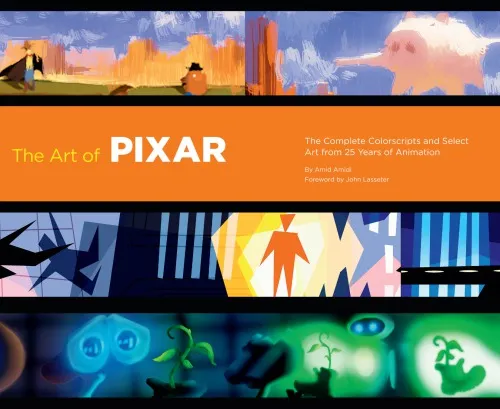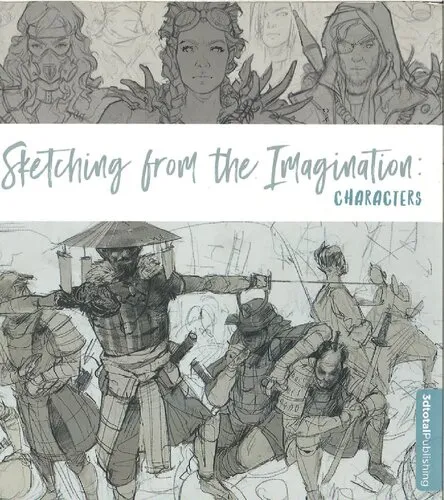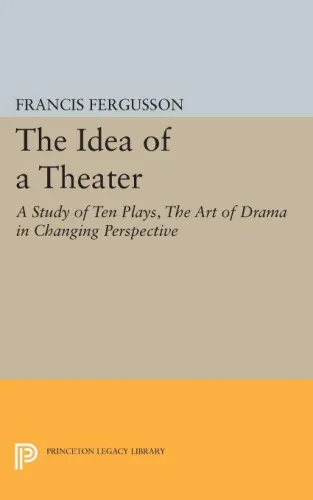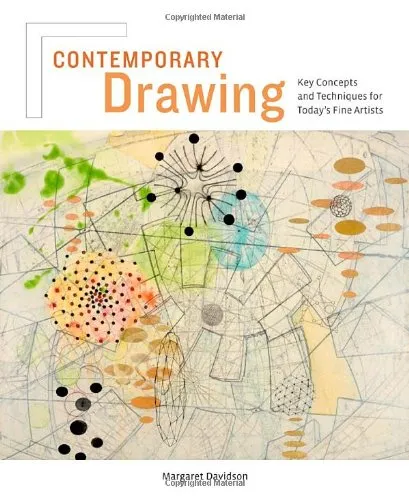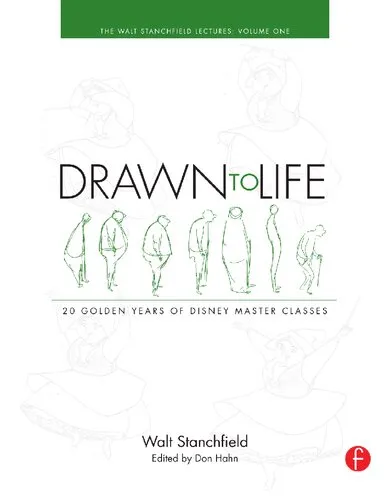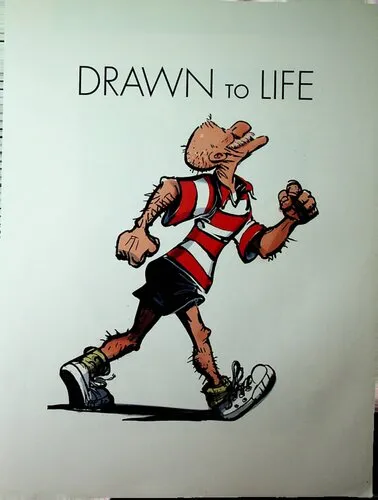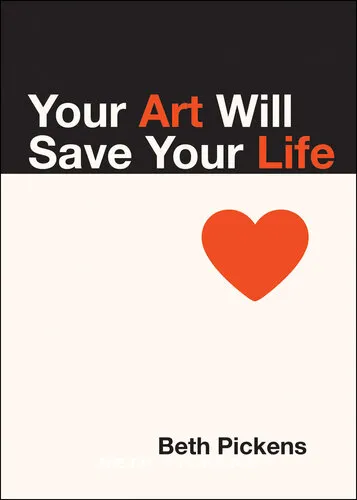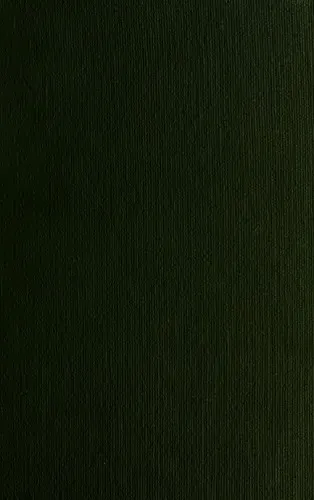Art, Intellect and Politics: A Diachronic Perspective (Studies on the Interaction of Art, Thought, and Power, 6) (Italian, German and English Edition)
5.0
Reviews from our users

You Can Ask your questions from this book's AI after Login
Each download or ask from book AI costs 2 points. To earn more free points, please visit the Points Guide Page and complete some valuable actions.Related Refrences:
Welcome to an insightful journey through the interplay of art, intellect, and politics. "Art, Intellect and Politics: A Diachronic Perspective" offers an in-depth exploration of how these facets of human culture have influenced each other across different historical epochs. Authored by Giusy Maria Ausilia Margagliotta, this comprehensive work delves into complex interactions that have shaped societies, influenced intellectual movements, and transformed political landscapes.
Detailed Summary of the Book
The book unfolds its narrative by tracing the intricate connections between artistic expression, intellectual discourse, and political power from antiquity to the modern era. Structured to navigate through significant historical periods, it begins by examining the classical age where art served both aesthetic and propagandistic functions. Progressing into the Middle Ages, it discusses how religious influences permeated artistic endeavors, while intellectual thought began to grapple with theological and philosophical ideologies.
The Renaissance emerges as a pivotal chapter, showcasing the interplay of humanism and the burgeoning power of nation-states. Margagliotta's work highlights how art became a medium of political expression and intellectual liberation during this period. Moving forward to the Enlightenment, the book articulates the rise of art as a form of social and political critique, paralleled by increasingly secular philosophical arguments challenging the established order.
In modern times, the narrative explores the explosive changes wrought by technological advancement and ideological conflict. The author discusses how art acted as a powerful tool for political propaganda and resistance, while intellectual movements sought to redefine the very notion of power and authority. This diachronic perspective is a deep dive into the evolving discourse of art, intellect, and politics, culminating in a critical reflection on contemporary issues.
Key Takeaways
- Understand the historical context of art as both a conduit and a catalyst for political change.
- Explore the symbiotic relationship between intellectual currents and political structures through the epochs.
- Gain insights into how artistic movements have historically responded to and influenced political ideologies.
- Identify the patterns that repeat across history in the triad of art, intellect, and politics.
Famous Quotes from the Book
"Art is the silent, yet loud reverberation of a society's core thoughts, echoing through the corridors of power."
"Art and intellect, when wielded together, become the pivot on which the axis of political change turns."
Why This Book Matters
"Art, Intellect and Politics: A Diachronic Perspective" matters because it challenges readers to reflect on the interconnectedness of human creativity, thought, and power. In a world where these elements are often compartmentalized, Giusy Maria Ausilia Margagliotta offers a cohesive understanding of their historical interplay, urging contemporary thinkers, artists, and politicians to recognize and embrace the potential synergy among these forces.
The book is not only a scholarly text but also a call to action for readers to critically engage with the cultural and political narratives that shape our world. It serves as an essential guide for students of history, art, and political science, as well as for anyone interested in the dynamic forces that have driven human civilization forward.
Free Direct Download
You Can Download this book after Login
Accessing books through legal platforms and public libraries not only supports the rights of authors and publishers but also contributes to the sustainability of reading culture. Before downloading, please take a moment to consider these options.
Find this book on other platforms:
WorldCat helps you find books in libraries worldwide.
See ratings, reviews, and discussions on Goodreads.
Find and buy rare or used books on AbeBooks.
1247
بازدید5.0
امتیاز0
نظر98%
رضایتReviews:
5.0
Based on 0 users review
Questions & Answers
Ask questions about this book or help others by answering
No questions yet. Be the first to ask!
